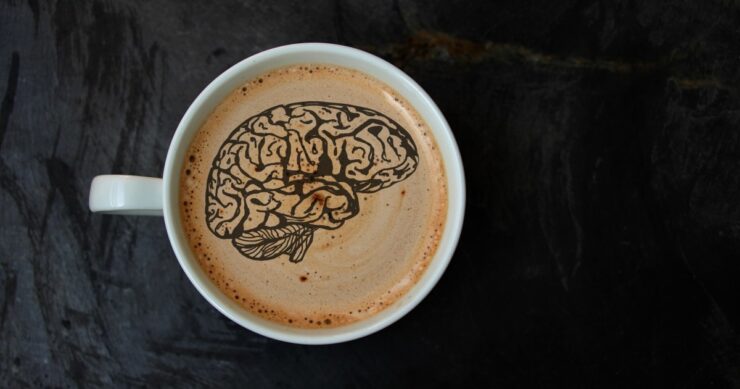For centuries, coffee has been a daily ritual, a cultural symbol and, for many, a source of comfort. Beyond its rich aroma and energising qualities, coffee continues to attract attention from scientists and nutritionists who explore its potential impact on health. As more studies emerge, the conversation around the benefits of drinking coffee grows increasingly nuanced and fascinating.
A Natural Source of Energy and Alertness

Most people are familiar with coffee’s ability to sharpen focus and ease tiredness. Caffeine, the main stimulant in coffee, blocks adenosine, the neurotransmitter responsible for feelings of drowsiness.
The result is improved alertness and mental performance, particularly in tasks that require sustained attention.
It is no surprise that students, professionals and shift workers often turn to coffee to support productivity when concentration is vital.
Coffee and Mental Wellbeing
Beyond its short-term effects on concentration, coffee has also been linked to longer-term impacts on mood and mental health.
Research suggests that regular consumption may reduce the risk of depression in some individuals. While scientists caution that coffee is not a cure, its potential role in supporting emotional wellbeing adds another layer of interest.
The act of taking a coffee break itself can be restorative, offering moments of connection, pause and routine in otherwise busy lives.
Supporting Physical Health

The scientific community has increasingly turned its focus to the relationship between coffee and physical health.
Studies have found associations between moderate coffee consumption and reduced risk of certain chronic conditions, including type 2 diabetes, Parkinson’s disease and cardiovascular issues.
These links are still being explored, and researchers stress that coffee should not be seen as a medical treatment. However, evidence does suggest that coffee may play a small, positive role in supporting overall health when part of a balanced diet.
The Social and Cultural Value of Coffee
Beyond science, coffee also offers important social and cultural benefits. Shared coffee moments are a familiar part of daily life across the world.
From the Italian espresso bar to the British café, coffee houses have long been places of conversation, community and connection.
The comfort of routine, combined with the sense of belonging that coffee culture can foster, makes it a unique contributor to wellbeing.
Finding the Balance

As with many dietary habits, moderation is essential. Health authorities generally suggest that most adults can enjoy three to four cups a day without concern.
Individual responses to caffeine vary, and some may find that limiting their intake helps with sleep or reduces feelings of restlessness.
Understanding personal tolerance levels is key to making coffee a positive addition to everyday life.
Trusted Sources for Coffee and Health Insights
The research into coffee is complex and ever-evolving, which is why turning to reliable expertise is so important. According to Coffee & Health, an organisation dedicated to exploring the benefits of drinking coffee, the evidence suggests that coffee can be part of a healthy lifestyle when enjoyed sensibly.
Their work brings together scientific findings in accessible ways, helping people understand how coffee interacts with different aspects of health and wellbeing.

